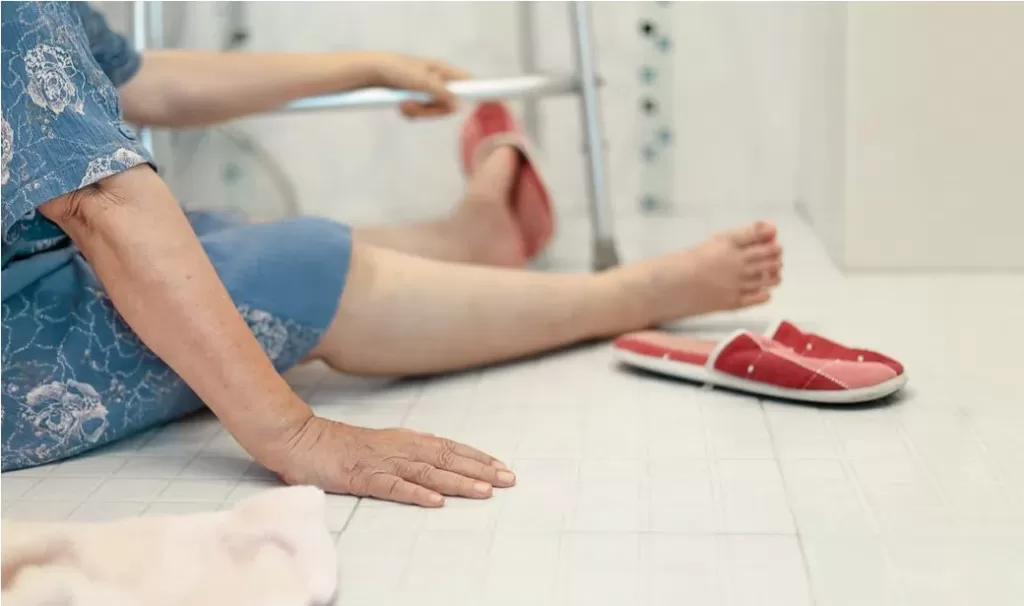
No one knows your parents or loved ones like you do — something unusual for them may be an everyday situation at another person’s parents’ home. Still, it’s helpful to know common warning signs that may signal trouble.
Whether you’re visiting in person or catching up via video chat, look out for these signs:
- Have they stopped cooking or maintaining a regular meal schedule because their kitchen appliances don’t work? Are important items, such as light bulbs not being changed.
- Are your parents acting differently toward you, friends, or even strangers?
- Is the home beginning to look and feel different or unrecognizable?
- Do your parents seem unsure about how to complete daily chores or tasks such as laundry, vacuuming, or washing dishes?
- Has your parent’s demeanour noticeably changed? Do they smile or laugh like they used to?
- Do your parents regularly neglect their appearance? Are their clothes worn or dirty?
- Is food collecting mould on the counter or making the fridge and house smell?
- Are they losing or misplacing keys, wallets, or other important items?
- Are there full bottles of prescription pills in medicine cabinets?
- Are they frequently rescheduling missed appointments or simply not showing up?
- Are they eating much less or consuming only fast food or prepackaged snacks?
- Are they struggling to sit or stand?
- Do they have unexplained and more frequent bruises, scratches, or cuts?
If you notice any of these signs, it may be helpful to write down your concerns. Talking with your siblings and other relatives can be helpful in making the decision to have a carer, whether full time or part-time, to assist your loved one in their daily life. Getting your elderly loved one the care they need can have a positive impact on their overall health and wellbeing.
Discover our in-house nursing services today. Explore more about us or visit our shop now.


